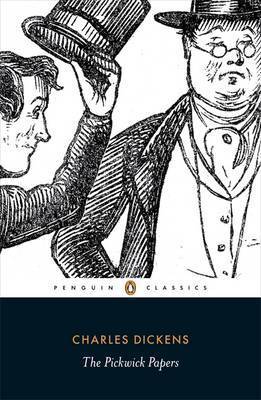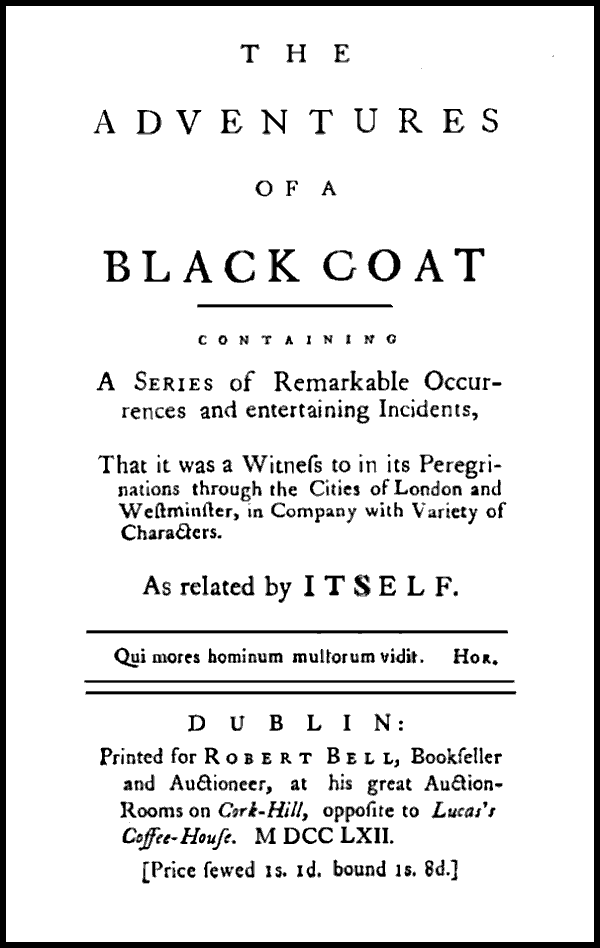I had a very hard time coming up with my top ten books. It’s not necessarily that I haven’t read lots of good stuff this year, it’s more that very little of what I read jumped out as really great and memorable. As a result, the choices may be a little peculiar.
As usual, I’ve made a list-challenge of the books I’ve read this year.
Number Ten
The Book of Embraces - Eduardo Galeano
I think I’ve got to accept that I will never be able to describe The Book of Embraces or the multifaceted effect it had on me. I have memories of being blown away by it but it hasn’t quite lingered.
A collection of small stories, (perhaps even fragments or Incidences), The Book of Embraces starts with fables but grows more tethered to reality and history as it goes on. It’s truly strange that a book that feels this positive and joyful can be so full of murder, exile, torture, imprisonment, colonialism and despair. Some of it is truly terrifying, the account of the professional torturer, the firing squads and prison wardens, yet there are joyful stories like the flirting bus driver, or freeing ones like the person who learns to fly.
These stories are arranged very well, mixed up enough to not make the book seem grim nor superficial but clustering together themes or reflected images so they come in waves, reinforcing what’s come before.
The comic moment of the small child calling the ‘little birdy’ in the story ‘a shit’ made me laugh out loud. So did the comment that barbers humiliate him by charging half price. Darker are the comments that ‘it have become unnecessary for the police to ban books, the price does that for them’, that ‘numbers live better than people’ and that ‘the electric cattle prod turns anyone into a prolific storyteller.’
In amongst this all is true playfulness and true camaraderie. He brings up the notion of ‘key-friends’, those who will lend you the key to their place to hide out in times of trouble. There’s also a brilliant description of ‘compatriots in time’ that really resonates with me.
In the end, what makes this a wonderful collection of odds and ends is the spirit behind them. I can always get behind someone who says they don’t want to die because they want to ‘play forever’.
Number Nine
The Commitments - Roddy Doyle
A last minute addition to the list. The Commitments made it in because it made me laugh out loud on multiple occasions and that’s more than any book has made me laugh in years.
It’s a short book and I read it in a morning. It tells the story of a bunch of Dublin scrubs in the late 90s who decide to create a soul band and bring soul to Ireland (before realising that Ireland isn’t yet ready for soul.)
It’s a very musical book. Not only is it about music, with the songs often transcribed (down to the instruments going “CHUNK CHUNK… THUM - THUMTHUM”.) but it’s a book that revels in the sound of voices. There’s very little visual description or scene setting, just lots of dialogue and music, often weaving and overlapping in lively and funny ways.
It’s a cliché that the Irish use of language is musical, but there’s some truth in that cliché. It was some Dubliners who taught me how much more musical it is to refer to an arsehole as merely a hole, and this book taught me how all holes can be serviced by such a phrase. This book also taught me such musical phrases as, describing Gene Clark’s ‘manly whinge’ or complimenting some girls that people will “be eating chips out of your knickers.”
The characters are simple but effectively drawn. Jimmy is the musical Svengali, having got into Frankie goes to Hollywood before everyone else, and against them first as well. There’s the drummer, whose main influence “yer man Animal”, and the bass player, a butcher who plays bass like a butcher, who isn’t impressed with his name ‘meatman’ until he learns it is also American for langerman’. I found Jimmy ‘the lips’ and his pseudo-religious diktats of what soul is to be very annoying, but his outrage at the ‘musical wanking’ that is jazz to be very true.
It’s a slight book, but a funny one and I enjoyed it very much.
Number Eight
The Metamorphoses of Ovid - David R. Slavitt
I really loved David Slavitt’s free and easy approach to Orlando Furioso, so when I saw a translation of Ovid’s Metamorphosis. As such, I knew going into it, that it would probably be a loose but entertaining take on the work.
What a strange, baggy work Metamorphosis is. The introduction described how Ovid was trying to jump on the ‘epic’ bandwagon but had a far more intimate sensibility and this is how he mixed those two impulses. This means that the incidents in the book share a theme of change and transformation but this theme is rather loosely handled with and ‘and then’ quality to the structuring. There’s also a chronological element, with the first transformation being from chaos into the world, and the last being of Rome from loose band of ruffians to world superpower. All this also leads to a very striking message at the end.
I was interested in the Biblical overlap that took place in the first few sections. The creation of the world was not created by the logos in this telling, but by science. Essentially the atomic weight of the different elements caused them to separate and become what they are today, even if those elements are earth, wind, fire and air.
There’s also a flood myth. It always surprises me when I reminded that the Greeks and Romans has a flood myth of their own. As portrayed by Slavitt, Ovid’s depiction of the flood is so evocative. The rains don’t simply happen, Jove squeezes the water droplets out of the clouds, the rivulets of water flowing down his hair and beard. The flooded world is an enchanted playground, dolphins romp in the woods, darting like huge birds. It’s also interesting to see what Deucalion (the tale’s Noah figure) does when he lands. He cries. Noah never seems to be all that moved by the destruction of almost everything he knew - though I suppose getting pissed and sleeping naked could be seen as a trauma response.
Whereas the Biblical flood was due in part to the evils of man, the Greek/Roman one was due in part to the terrible kingship of King Lycan - like many of the future transformations, his name is a hilarious hint at what he was to become - in this case a wolf. The change is one of the more viscerally described,
“Imagine how foam flecks at his jaws, and his body hair.
thickens and mats. His hands deform, and his arms are twisted
into a wolf’s forelegs…”
I don’t know if it’s Slavitt, I don’t know if it’s Ovid - I suspect and hope it’s a combination of the two, but there are some really vivid sections. There’s a plague which is truly horrific, Perseus against the monster and the the fight agains the centaurs. People of the imagined heroic past really shouldn’t have had weddings, things always go wrong (just look at the one between Peleus and Thetis). It’s worse than Eastenders.
I think the worst thing to be in Classical mythology is a dryad, or a woman. Neither can escape from being constantly pursued, raped or being turned into plants. One poor woman is turned into a plant to escape Apollo, her pursuer, who then strokes the tree, which she can feel but not escape from. Other terrible fates included a man cursed to eat himself to death and some women who weep themselves into trees and are in agony when some well-intentioned family members try and tear their bark off. Their cousin, Cygnus also is transformed - you’ll never guess into what.
Then there are the interesting tales of gender non-conformity. The strange tale of Hermaphrodite - a combination of Hermes and Aphrodite (of course that’s how that word came to be but I’d never realised). Then there is Tiresius, who I’d only known as an old, blind mystic. How he became blinded and blessed with the gift of prophecy is wild. As a young man, he saw two snakes fighting and hit them, which turned him into a woman. After years living as a woman, he found the snakes and hit them again, turning him back into a man. Jupiter and Juno are having a debate about who enjoys sex most, men or women do they ask Tiresius, who’s had a go at both, who says that it’s women. Enraged at losing the argument, Juno blinds him, so Jove gave him the gift of visions to compensate.
After a run through these myths, a sprint through the Illiad and the Aeniad, we get to a curious part about Pythagorus. He gives an impassioned speech about vegetarianism before explaining his belief in the migration of souls. This leads to the message of the book. That all change, even striking, sudden change is usual.
“The world is arbitrary, abrupt, astounding” and we sometimes forget this. “It is we who are dull and lacking in vision, for we have forgotten the wonder of things.” If anything, Metamorphosis is about the re-wondering of the world, the reminder that it’s a fascinating and wonder-full place.
Number Seven
Pickwick Papers - Charles Dickens
This may be Dickens’s happiest work, certainly the happiest I’ve read but it’s also a little flimsy. While I had a good time while I was reading it, it wasn’t until writing it up till I found how much I had enjoyed it and how much I’d fallen in love with Samuel Pickwick, Sam and Tony Weller and all the rest of the gang.
Read the write-up here.
Number Six
The Adventures of a Black Coat - Anonymous
A prime and proper piece of Grub Street fun, this book offers a window into the lives of chancers, grifters and others.
I wrote about this here.








No comments:
Post a Comment